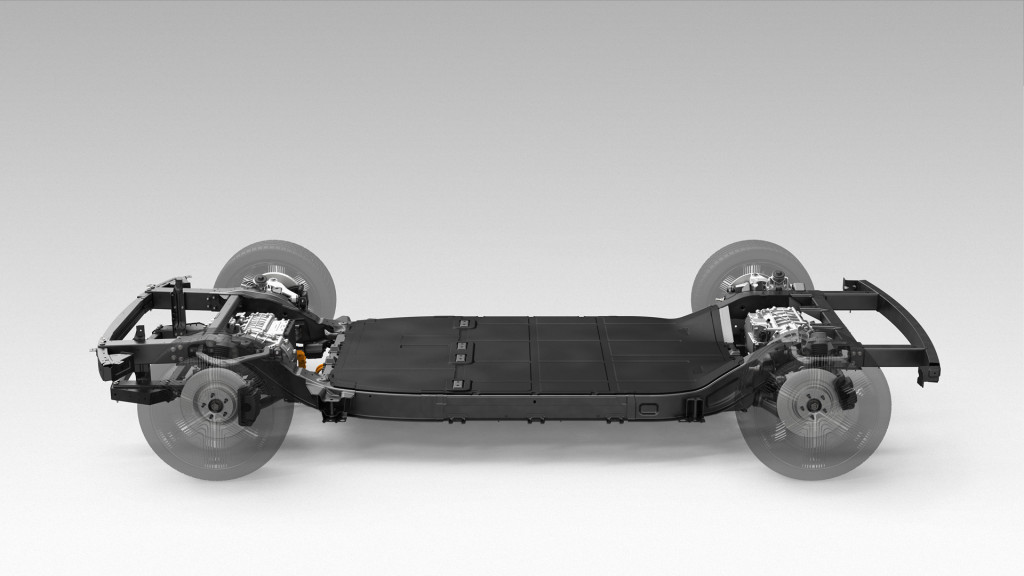Future electric cars from Hyundai and Kia will use a platform related to one developed by American EV startup Canoo, the three companies announced Tuesday.
Canoo's platform, which was revealed last September in a minivan also called Canoo, is a skateboard-style dedicated EV platform where the battery sits flat in the center and an electric motor is situated at one or both axles.
For Hyundai and Kia's vehicles, Canoo will help develop a new platform to meet the required specifications of the Korean automakers. For example, it needs to fit a variety of vehicles ranging from small hatches to large vans.
The platform will also need to integrate systems required for self-driving cars, which Hyundai and Kia are developing with Aptiv.

Canoo electric car platform
“We were highly impressed by the speed and efficiency in which Canoo developed their innovative EV architecture, making them the perfect engineering partner for us as we transition to become a front-runner in the future mobility industry,” said Albert Biermann, head of R&D at Hyundai and Kia. “We will collaborate with Canoo engineers to develop a cost-effective Hyundai platform concept that is autonomous ready and suitable for mass adoption.”
Hyundai and Kia are spending up big on new technologies, including flying taxis. Hyundai alone will invest $52 billion in new technologies through 2025, while Kia will invest a further $25 billion over the same period.
Canoo isn't the only company helping the Korean automakers in developing EVs. Last May, they announced that Croatia's Rimac would help develop a battery-electric car for the Hyundai N performance sub-brand and a hydrogen fuel cell-electric car likely for Kia.
As for Canoo, it's currently testing its Canoo minivan and plans to start production in 2021. The company is looking to offer its cars via subscription only, where customers will have a monthly fee that covers all vehicle costs, including registration, maintenance, insurance and charging.
